The Sweet History Behind Fruitcake as a Cherished Holiday Gift
The holiday season is here, and it’s time to celebrate traditions that never go out of style, like fruitcake. With its rich, nutty flavors, jewel-toned fruits, and cozy spiced aromas, fruitcake adds a nostalgic charm to holiday tables everywhere. But how did this classic dessert become a worldwide holiday favorite? Let’s take a closer look at its journey, its enduring appeal, and why it continues to hold a special place in our celebrations.
A History as Rich as Its Ingredients
The origins of fruitcake stretch back to ancient times, with roots in Roman culture. Romans created a type of energy bar made from pomegranate seeds, pine nuts, and barley mashed together, which they called “satura.” This early precursor to fruitcake was durable, nutritious, and packed with flavor, making it a suitable snack for Roman soldiers during their long campaigns. The practicality of preserved fruits and nuts made fruit-based cakes a popular choice for people on the go, whether they were soldiers, traders, or travelers.
Fruitcake as we know it today started to take shape in the Middle Ages, when dried fruits became more widely available due to expanded trade routes. European bakers began using fruits such as raisins, dates, and prunes, which were often soaked in alcohol or honey to extend their shelf life and add a depth of flavor. Spices from the East—like cinnamon, cloves, and nutmeg—were introduced to baking, transforming these cakes into sweet and fragrant delights. During this period, fruitcakes became not just food but a celebratory symbol, often given as a gift or enjoyed during festivities.
From Royal Banquets to Holiday Tables
By the 16th century, fruitcake had gained considerable popularity, especially in Europe. English bakers, in particular, were fond of adding preserved fruits, nuts, and alcohol to their cakes, creating an elaborate version of fruitcake that symbolized prosperity and celebration. The practice of soaking cakes in alcohol, a process that extends their shelf life and improves their flavor, became a standard part of fruitcake preparation, and one that continues to this day.
In the 18th century, fruitcake was so prized in England that it was even associated with special occasions and royal events. Weddings and christenings often featured elaborate fruitcakes as centerpieces, a tradition that endures in British royal weddings. Queen Victoria herself is said to have waited a year before eating a fruitcake she received, honoring the cake as a symbol of self-discipline and restraint. These associations with grandeur, longevity, and celebration paved the way for fruitcake to become an integral part of holiday tables in Europe and, eventually, America.

Why Fruitcake Became a Holiday Staple
Fruitcake’s association with Christmas and the winter season likely traces back to practical reasons. In the days before refrigeration, it was challenging to keep fresh food through the winter months, especially in cold climates. Fruitcakes, however, could last for months due to their high sugar content and the preserving nature of dried fruits and alcohol. By the time winter came around, a well-aged fruitcake was not only still edible but also rich in flavor.
Additionally, fruitcake’s indulgent ingredients made it a rare and luxurious treat. During the holiday season, people were inclined to indulge a bit more than usual, enjoying rich foods and treats that weren’t typically part of their daily diet. Fruitcake, with its abundance of ingredients, became associated with these moments of holiday splendor, making it a perfect fit for Christmas.
For those immigrating to America in the 18th and 19th centuries, fruitcake served as a comforting reminder of home and tradition. American bakers soon embraced fruitcake as well, adapting recipes to include local ingredients like pecans, a nut native to North America, and other ingredients popular in regional variations.

A Gift of Time, Love, & Tradition
The tradition of gifting fruitcake during the holidays adds another layer of meaning to this timeless treat. A fruitcake is not a quick bake; it requires planning, preparation, and patience. Many recipes call for the cake to be “cured” for weeks, sometimes even months, before it reaches its peak flavor. During this time, the cake is brushed with spirits or wrapped in soaked cheesecloth, allowing the flavors to deepen and mellow. Gifting a fruitcake is more than offering a dessert—it’s a gesture of time, care, and tradition.
For many families, the act of giving a fruitcake has been passed down through generations. It’s not uncommon for people to gift fruitcakes to neighbors, friends, and family members as a way of sharing a little bit of their history and holiday cheer.
Collin Street Bakery: Celebrating the Legacy of Fruitcake
At Collin Street Bakery, we honor the rich legacy of fruitcake with our world-famous DeLuxe ® Fruitcake, crafted from a tried-and-true recipe that dates back to our founding in 1896. We use only the finest ingredients, including honeyed pineapples, crunchy Texas pecans, plump cherries, and golden raisins, to create a fruitcake that captures the true essence of the holidays.
Our fruitcakes are made with care and respect for tradition, ensuring they’re a joy to share with family and friends. The popularity of our fruitcakes has brought us a loyal following of customers around the world, and we are proud to be a part of their holiday celebrations year after year.
Embracing Modern Twists on a Classic
While the traditional fruitcake recipe endures, modern bakers are adding their own unique twists to the classic treat. Some bakers incorporate chocolate or citrus zest to add a fresh note, while others experiment with different nuts and dried fruits. At Collin Street Bakery, we also offer a Texas Pecan Cake, which appeals to fruitcake lovers looking for a creative twist on a classic cake.
Whether you’re a fruitcake purist or a fan of these newer variations, there’s a fruitcake to suit everyone’s taste. Fruitcake’s versatility and adaptability make it a delightful gift that appeals to a wide range of preferences while still capturing the heart of holiday tradition.

Why Fruitcake Continues to Delight Holiday Celebrants
So, why has fruitcake endured for centuries? Part of its appeal lies in its rich flavors, unique textures, and nostalgia-inducing qualities. When you slice into a fruitcake, you’re tasting a piece of history, a recipe perfected over generations and deeply rooted in holiday tradition.
Fruitcake’s resilience, both in terms of shelf life and popularity, speaks to its timelessness as a gift and a celebration of life’s sweetest moments. As we gather around tables filled with our favorite holiday dishes, the presence of fruitcake reminds us of traditions that have stood the test of time, bringing a comforting sense of continuity and warmth. Whether enjoyed in its classic form or with a modern twist, fruitcake will continue to hold its place as a beloved staple in holiday celebrations for years to come.
So this season, as you unwrap a fruitcake from Collin Street Bakery or gift one to someone special, know that you’re sharing in a tradition that has delighted celebrants for centuries—a taste that’s truly timeless.

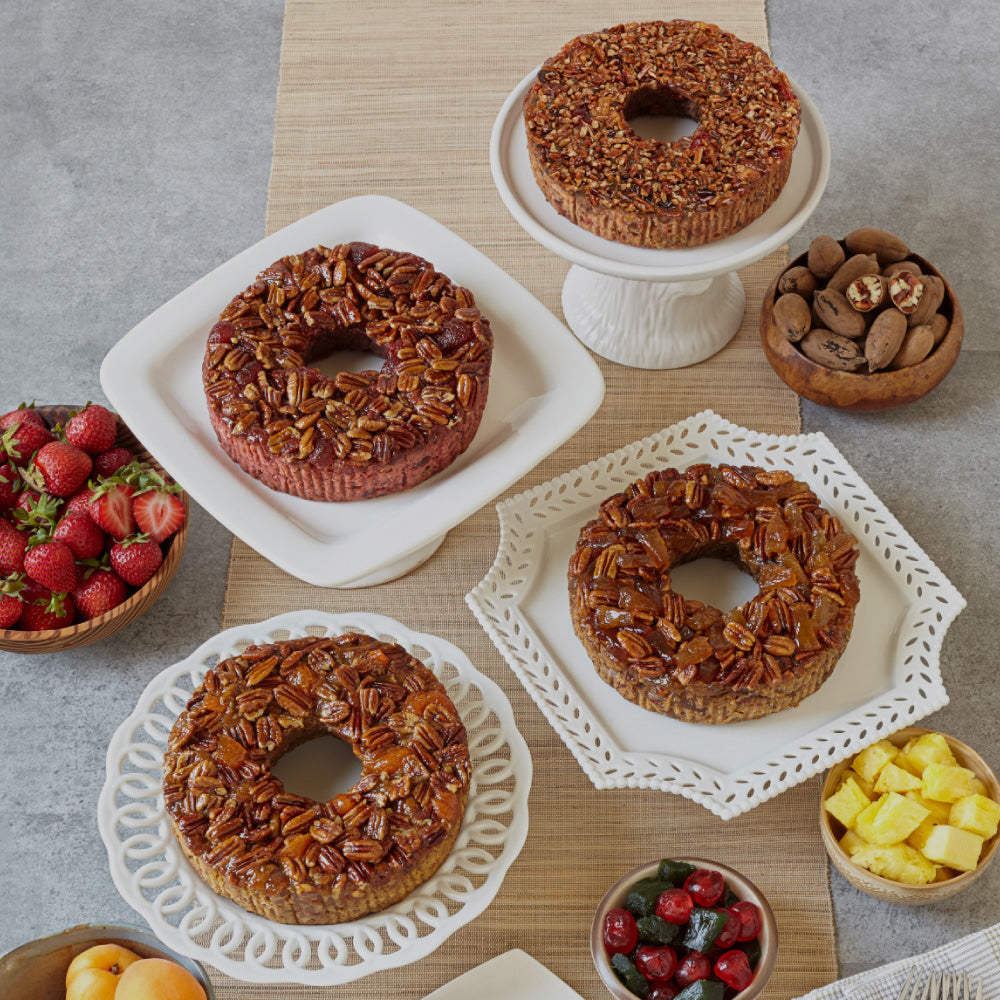
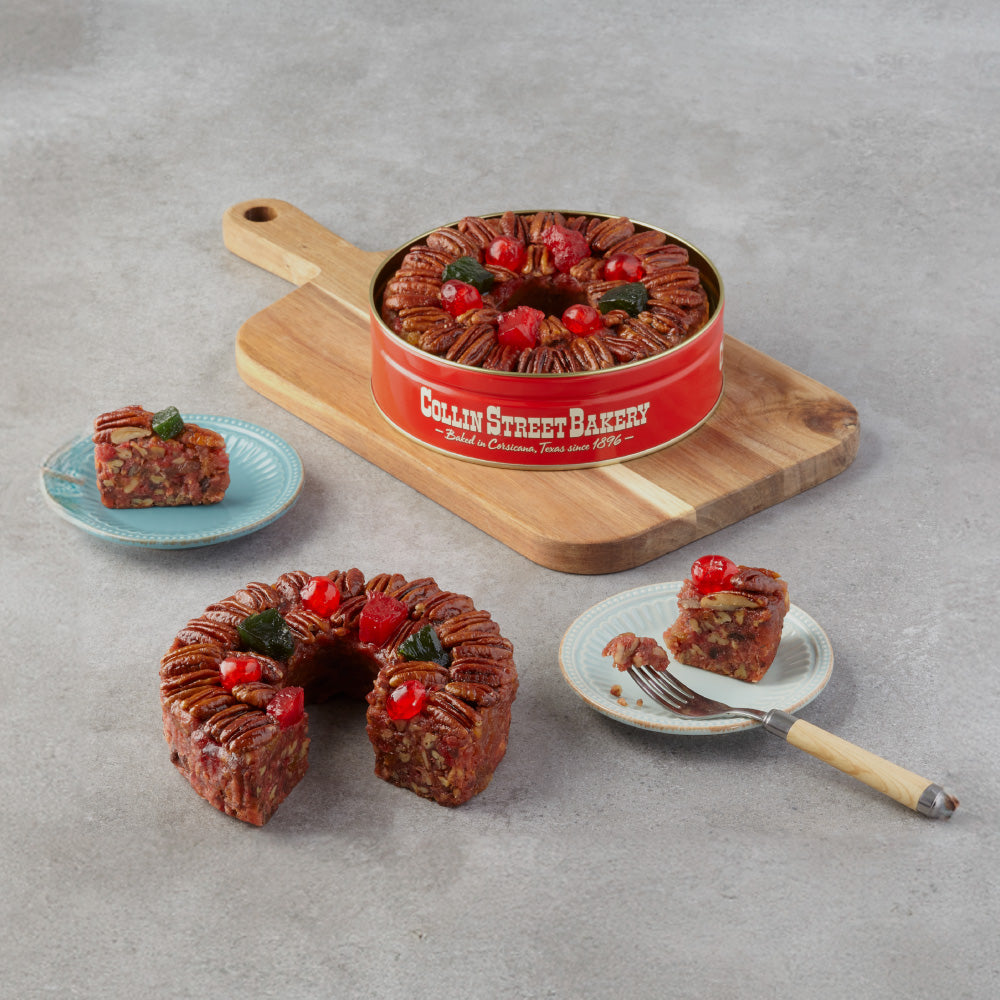
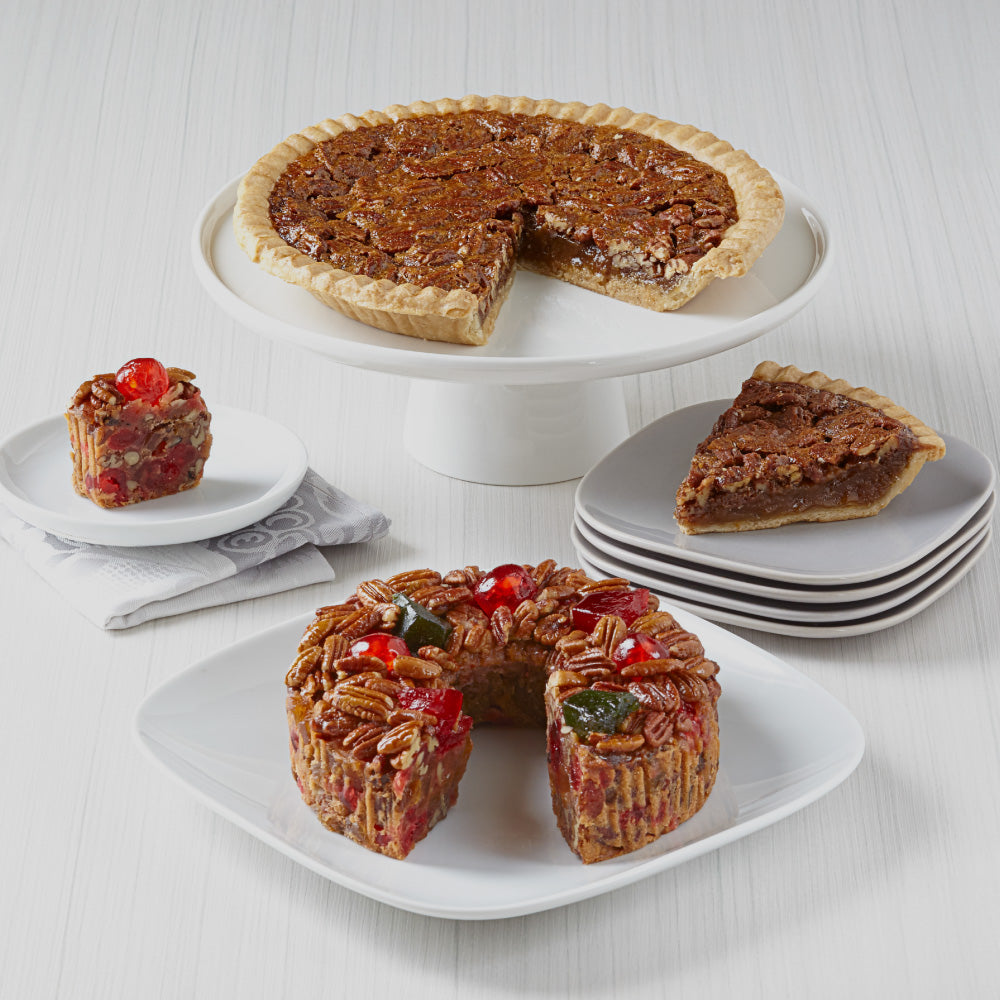
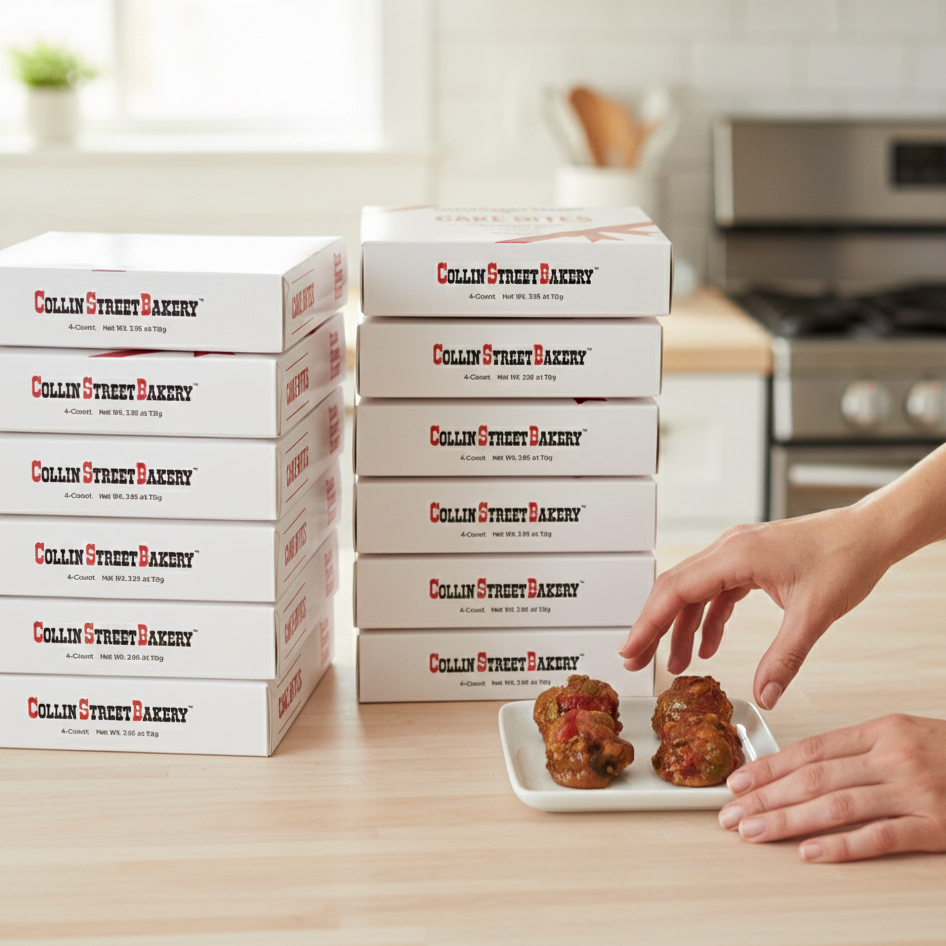
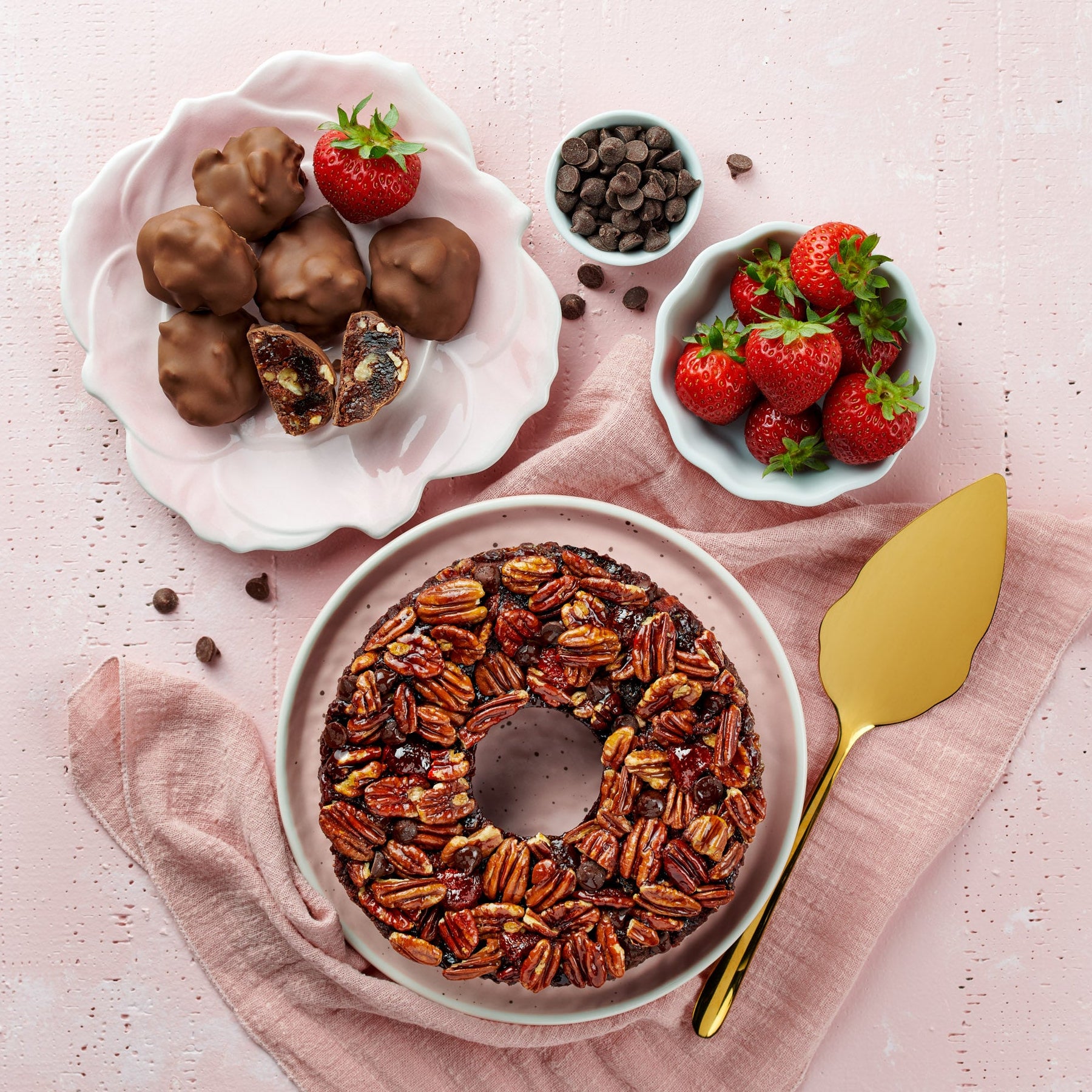
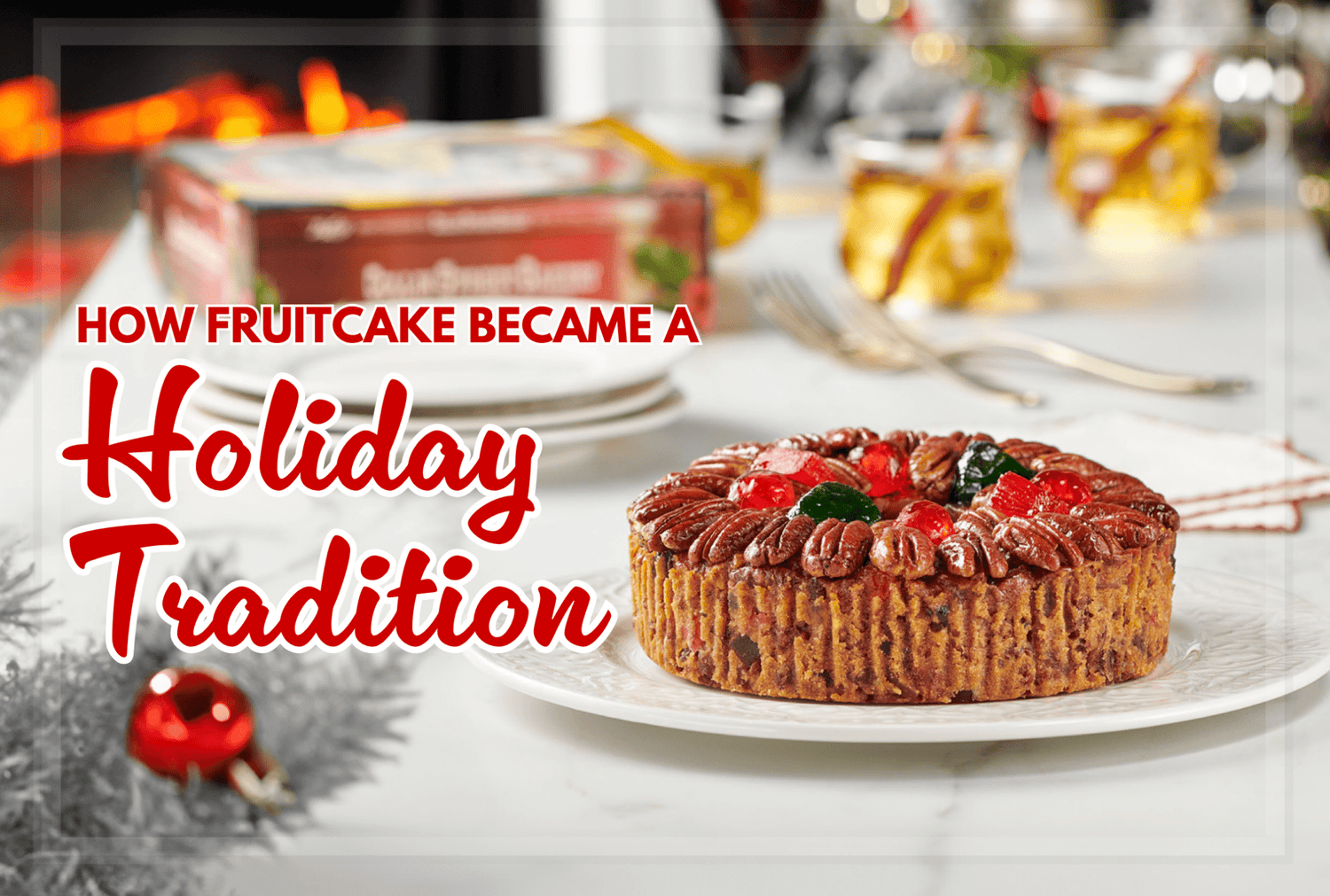


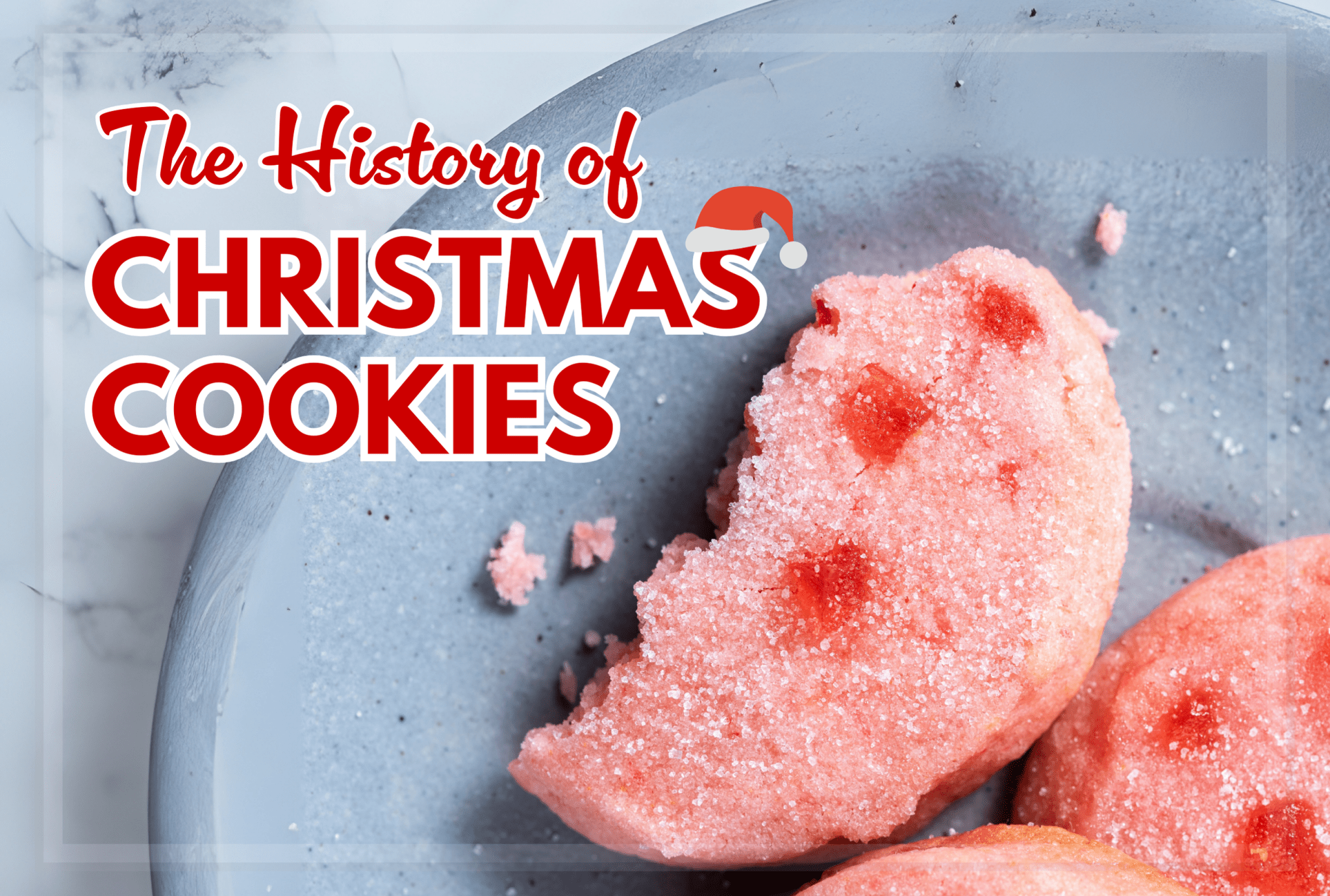
Leave a comment
This site is protected by hCaptcha and the hCaptcha Privacy Policy and Terms of Service apply.